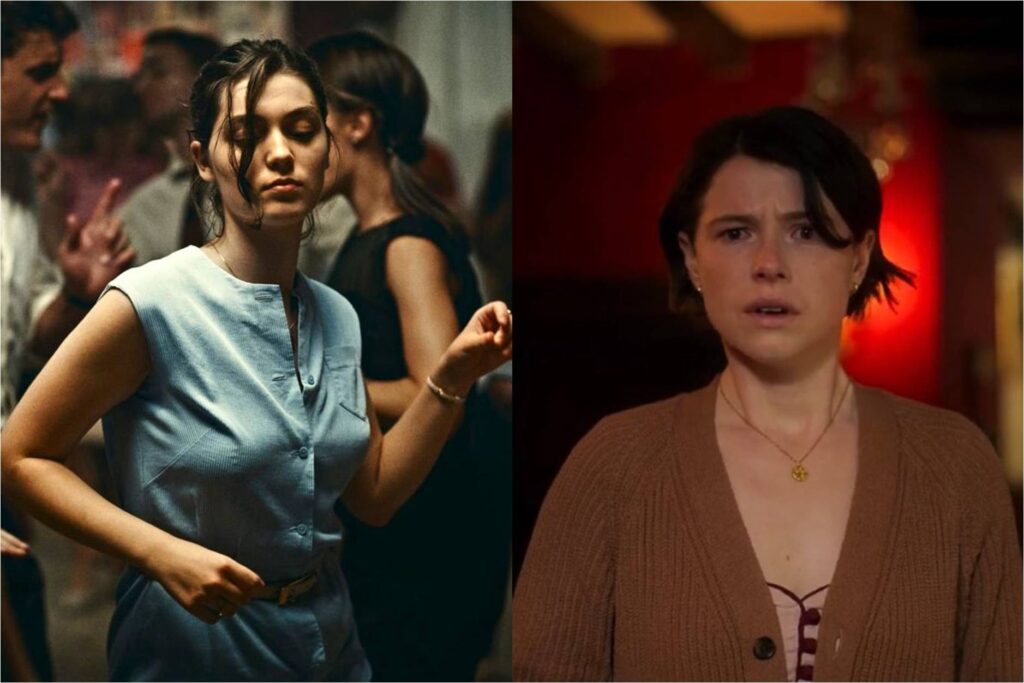Lightyear, Turning Red, and the Two Pixars

In 2013, six days after the release of Monsters University, then-Pixar president Ed Catmull said in an interview that the animation juggernaut was newly committed to making an original picture every year, and to correspondingly limit its sequels to biennial productions. The announcement came in the wake of a widely perceived (if relative) creative drought for the studio, whose prior two movies, the misbegotten Cars 2 and the pleasant but familiar Brave, hadn’t lived up to the legacy of greatness established during its inaugural 15-year run—a run that concluded, ironically, with a sequel (the stupendous Toy Story 3). Mathematically speaking, Pixar didn’t quite make good on its promise—of the next 10 films it released, four were sequels—but the wunderkinds of computer-drawn fantasy have for the most part threaded a delicate needle over the past decade, simultaneously making risky original movies and cranking out commercially safe follow-ups.
This “original vs. sequel” framing perpetuates a false dichotomy—the idea that original films are inherently works of boisterous ingenuity, whereas sequels are lazy and mercenary. (For this writer’s money, the existential crises conjured in Toy Story 4 are far more thought-provoking than the recognizable road-trip hijinks of Onward.) Still, in an era where Pixar’s parent company Disney continues to gobble up market share thanks to its ownership of mighty franchises like Star Wars and the Marvel Cinematic Universe—and where the apparent antidote to Mouse-House supremacy involves a competitor sequelizing a hit from 1986—it’s understandable for critics to prize the production of original screenplays as an independent good. Given that, it’s fascinating to examine Pixar’s two releases in 2022: one a science-fiction adventure that spins off from beloved intellectual property, the other a tender coming-of-age story whose only tie to the Pixar brand is its embrace of innovative storytelling. Read More




